14 Foods That Fight Seasonal Allergies
Seasonal allergies can turn the most beautiful time of year into a sneezing, sniffling struggle. While over-the-counter meds offer relief, they often come with side effects that leave you groggy, jittery, or both. But what if your grocery list could work as your first line of defense? Certain foods are packed with natural antihistamines, anti-inflammatory compounds, and immune-boosting nutrients that help your body respond more gently to pollen, mold, and other seasonal triggers. From vitamin C powerhouses to quercetin-rich bites, we’ve expanded our list to 14 Foods That Fight Seasonal Allergies—each one delicious, accessible, and designed to help you breathe easier, naturally.
1. Pineapple

Pineapple contains an enzyme known as bromelain that has been shown to have powerful anti-inflammatory benefits, which are beneficial for reducing allergic reactions. According to a 2017 study published by the University Of Connecticut School Of Medicine, bromelain contains anti-allergic, antithrombotic, antiedematous, and anti-inflammatory properties that are used by naturopaths and conventional doctors alike to reduce inflammatory responses to stimuli. Bromelain can be taken in supplement form but is better absorbed by the body when eaten in whole food form.
2. Onions

Onions are a prebiotic, meaning they are needed to fuel the “good” bacteria in the gut. It is important to keep the digestive tract happy as it houses seventy-five percent of the immune system and controls how the body reacts to allergens. Quercetin is the active ingredient found in onions. It is responsible for fighting inflammation, boosting the immune system, and inhibiting the release of histamines, or chemical substances that induce allergic reactions. Other good sources of quercetin include broccoli, berries, and apples.
3. Turmeric

Turmeric is one of the most potent anti-inflammatory herbs on earth with thousands of studies to back this claim. Curcumin is the active ingredient in turmeric that is responsible for its healing benefits. A 2014 study published in the Journal of Clinical and Diagnostic Research found that supplementing with curcumin capsules improved bronchial asthma symptoms in seventy-seven patients. Its anti-inflammatory benefits also help protect the body against allergic reactions. Aim for five to eight hundred milligrams of curcumin daily in supplement form.
4. Brussels Sprouts
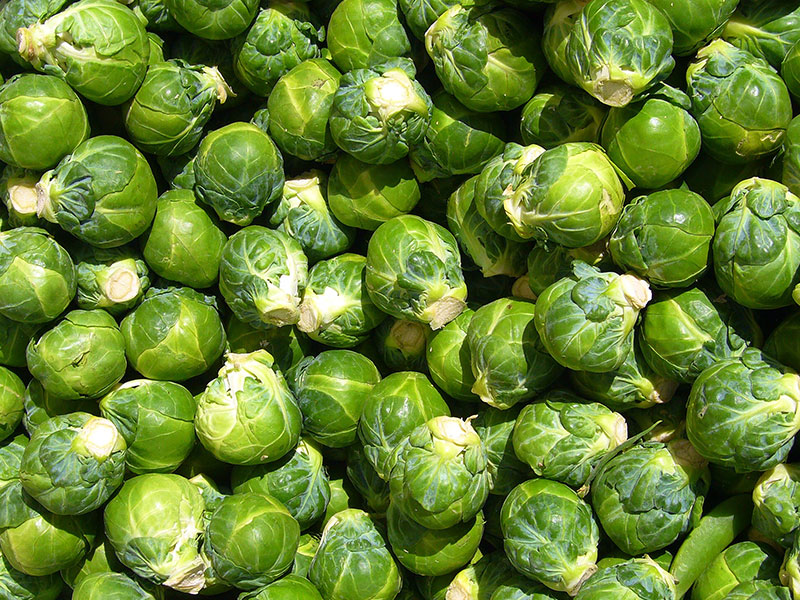
A 2014 study published in Food and Function investigated the allergic response of twenty-nine adults who were exposed to exhaust particles and then given a Brussels sprouts supplement for four days. Results indicated that after the participants had taken the supplement, their white blood cell response decreased by fifty-four percent. Authors of the study reported that Brussels sprouts contain an ingredient called sulforaphane that may help people with allergies and asthma symptoms by detoxing allergens out of the body.
5. Ginger
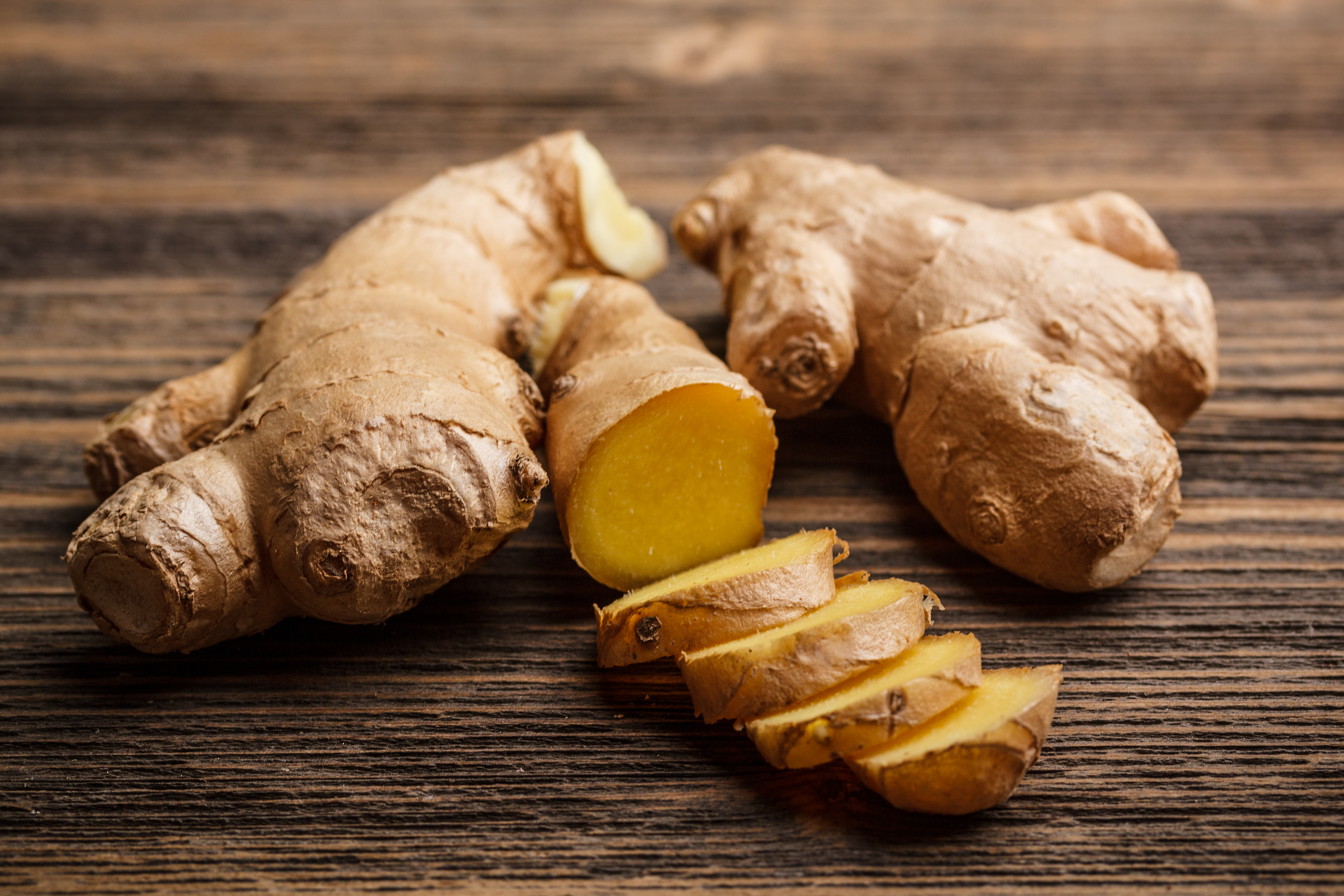
Ginger has long been used as a natural remedy for inflammation, nausea, and congestion. Its powerful compounds—gingerols and shogaols—help inhibit pro-inflammatory cytokines that trigger allergic reactions. A 2020 study published in BMC Complementary Medicine and Therapies found that ginger extract significantly reduced nasal symptoms in patients with allergic rhinitis. It’s also a natural antihistamine and decongestant. Add fresh ginger to teas, smoothies, or meals to enjoy its soothing effects, especially during peak allergy seasons.
6. Salmon
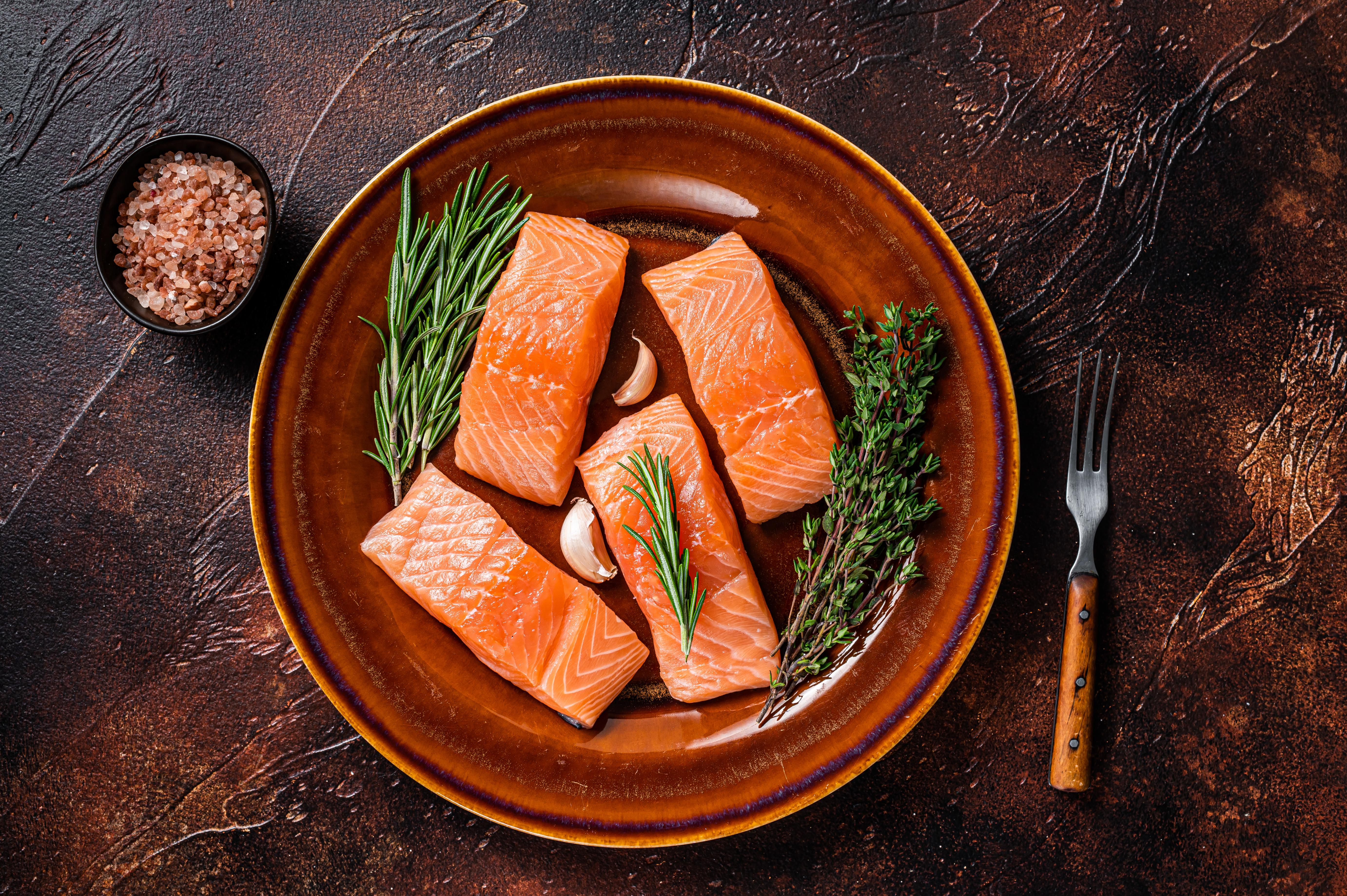
Fatty fish like salmon are packed with omega-3 fatty acids, which help regulate the immune response and reduce the production of inflammatory chemicals involved in allergic reactions. A 2005 study in Chest journal found that omega-3s may ease asthma symptoms and improve lung function. Since inflammation in the airways is a key symptom of seasonal allergies, including salmon in your diet at least twice a week can help reduce allergy flare-ups and support overall respiratory health.
7. Yogurt
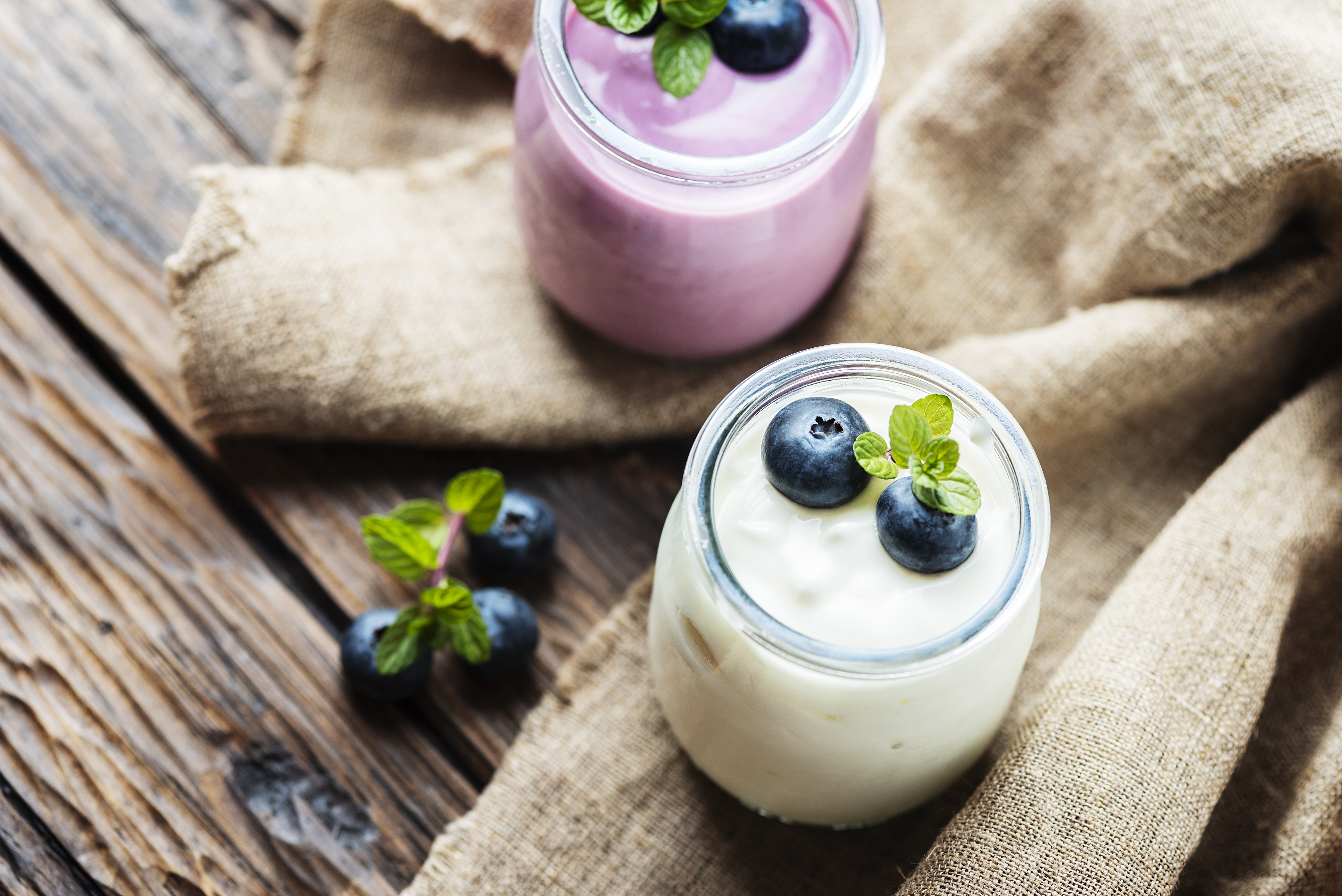
Yogurt contains probiotics, or live beneficial bacteria, which strengthen the gut microbiome—a major regulator of the immune system. A 2017 study in Frontiers in Microbiology found that probiotic supplementation helped reduce symptoms of allergic rhinitis. Look for yogurts with live cultures like Lactobacillus or Bifidobacterium, and avoid those with added sugars. By improving gut health, yogurt may help train the immune system to respond more calmly to allergens such as pollen, dust, and pet dander.
8. Apples
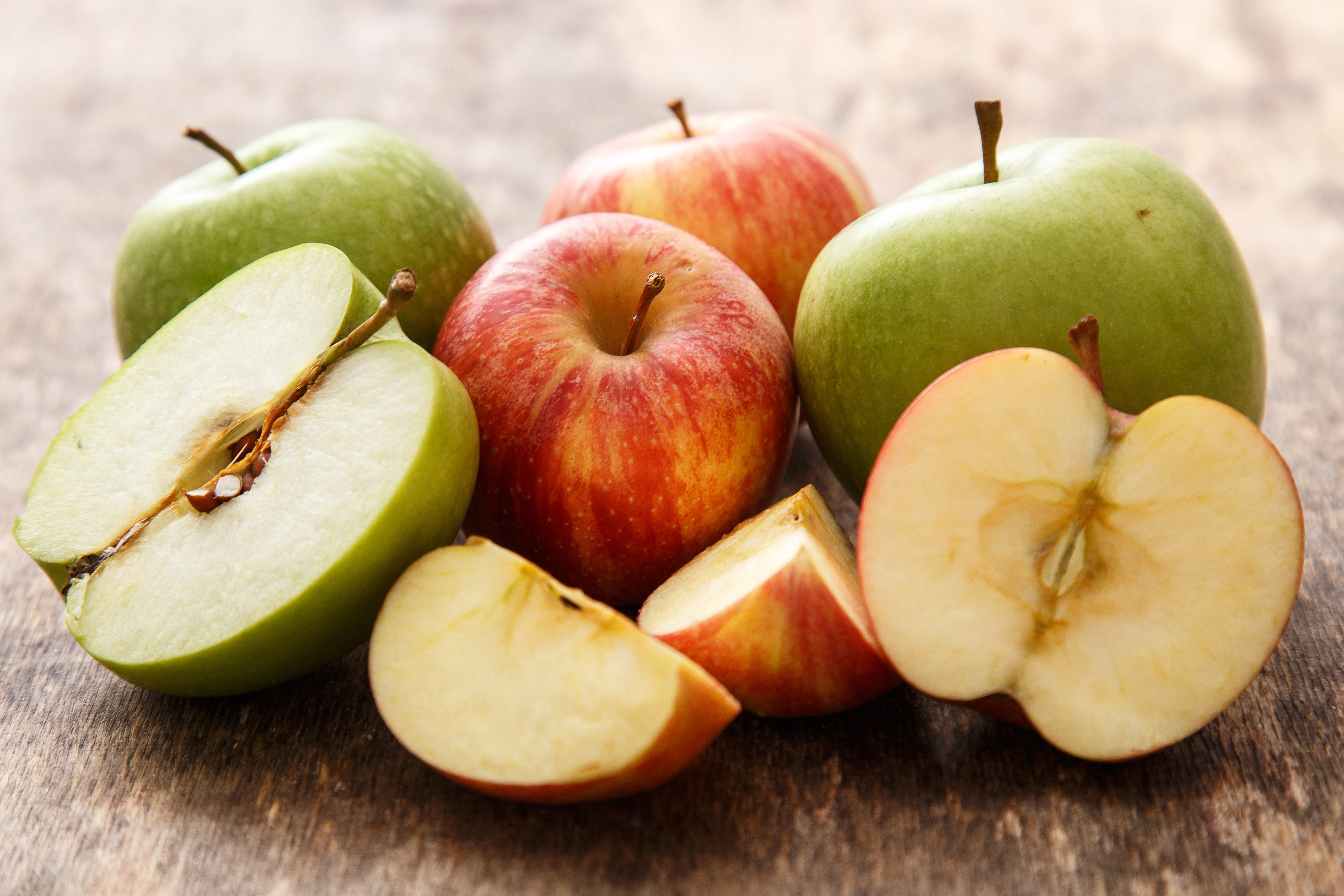
Apples are rich in both quercetin and vitamin C—two potent antioxidants that can combat inflammation and histamine release. Quercetin helps stabilize mast cells, preventing them from releasing allergy-triggering chemicals. A 2016 study published in Nutrients showed that regular intake of flavonoid-rich foods like apples may lower the risk and severity of allergic responses. For maximum benefit, eat apples with the skin on, where most of the flavonoids are concentrated.
9. Garlic
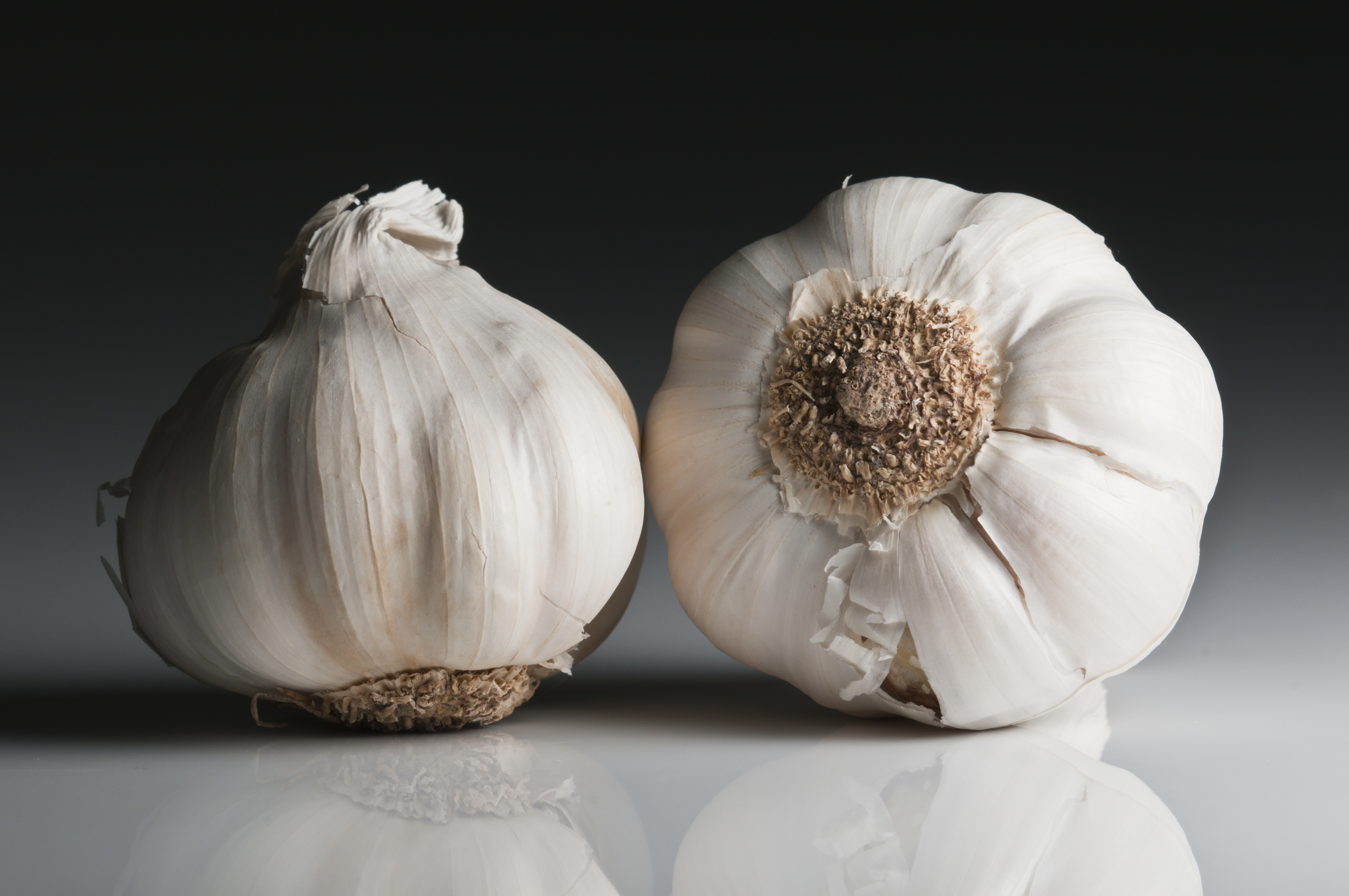
Garlic is a natural immune modulator with antiviral, anti-inflammatory, and antihistamine properties. It contains allicin, a compound that helps suppress the activity of enzymes that generate inflammatory prostaglandins and histamines. According to a study published in The Journal of Immunology Research, garlic extract helped reduce allergic airway inflammation in mice. Include raw or lightly cooked garlic in your meals to enhance immune response and reduce seasonal sniffles.
10. Green Tea
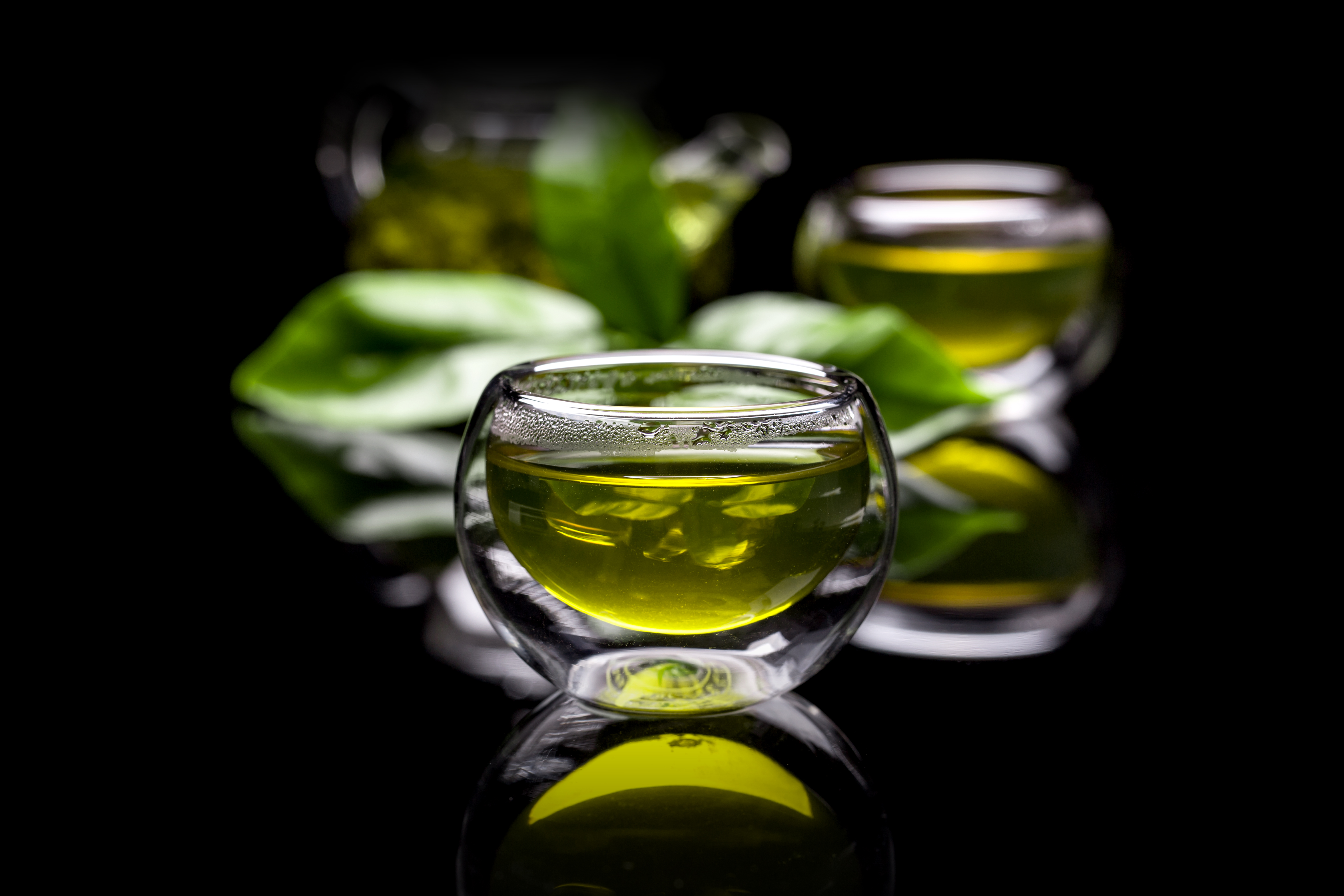
Green tea contains the antioxidant EGCG (epigallocatechin gallate), which has been found to block histamine release and suppress inflammation at the cellular level. A 2002 study from Kyoto University found that EGCG significantly reduced allergic reactions in lab settings. Drinking green tea regularly can help lower the body’s reactivity to allergens, making it a calming beverage choice during allergy season. Bonus—it also supports detoxification and hydration.
11. Pumpkin Seeds
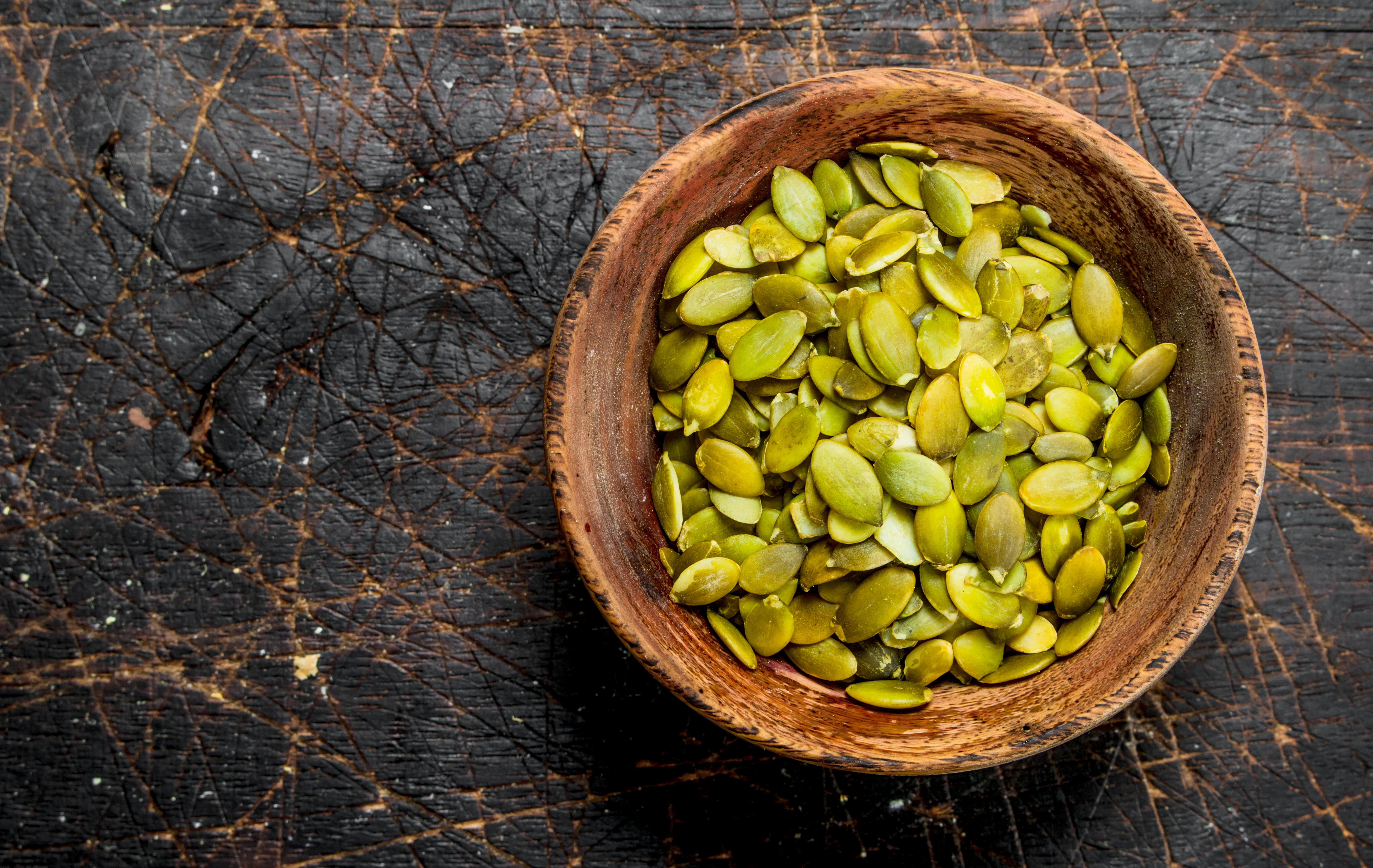
Pumpkin seeds are rich in magnesium, zinc, and antioxidants, all of which support immune balance. Magnesium acts as a natural bronchodilator, helping open airways and ease breathing, while zinc helps regulate immune cell function. A 2010 study in Clinical and Experimental Allergy linked magnesium deficiency to increased bronchial reactivity. Add a handful of roasted pumpkin seeds to your daily routine to ease inflammation and keep allergy symptoms at bay.
12. Blueberries
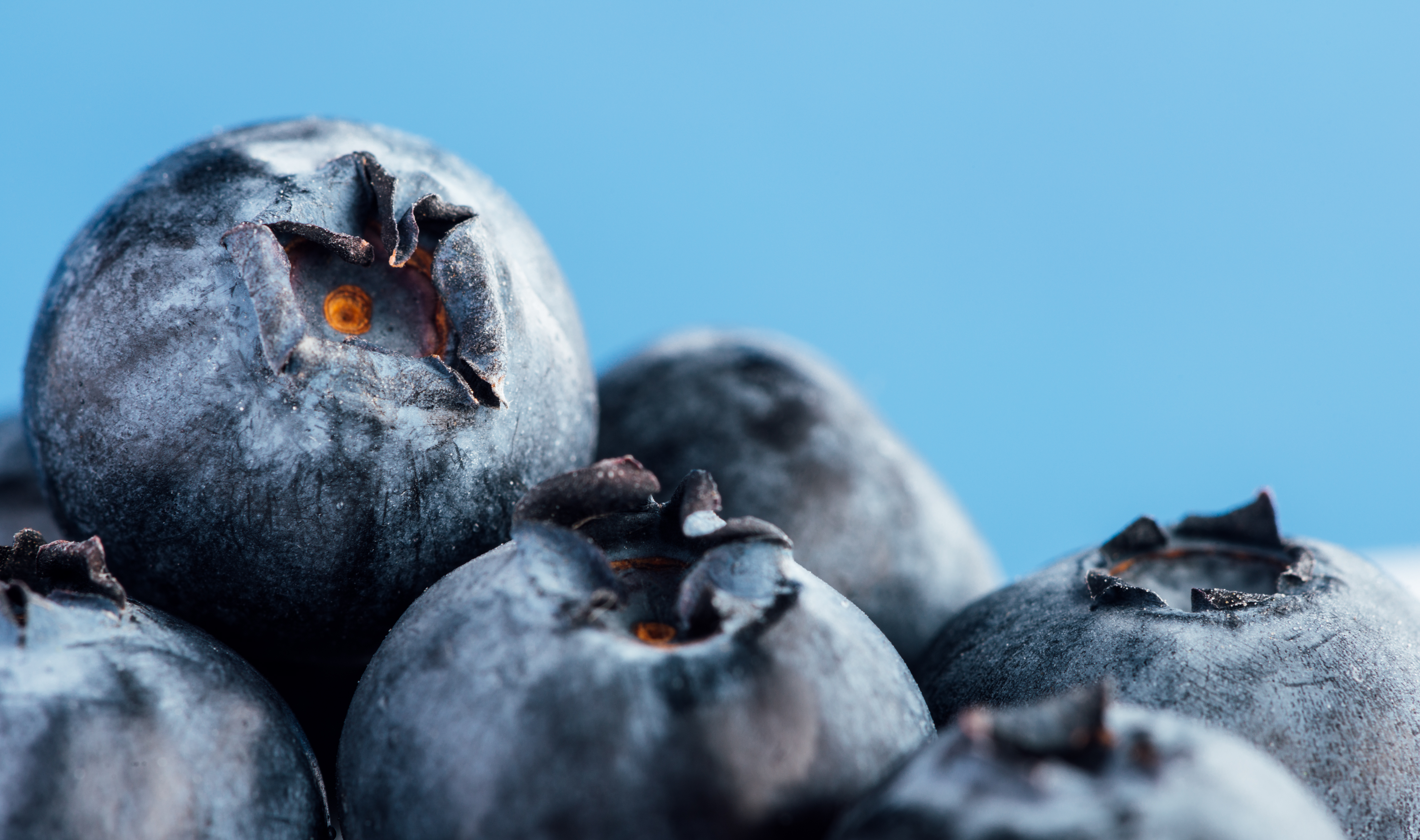
Blueberries are packed with anthocyanins—natural antioxidants that reduce inflammation and strengthen the lining of blood vessels and airways. A 2013 study in Advances in Nutrition noted that anthocyanins may help protect against oxidative stress caused by allergens. Their high vitamin C content also supports the immune system. Enjoy a cup of fresh or frozen blueberries daily to soothe allergic flare-ups and support overall respiratory health.
13. Sweet Potatoes
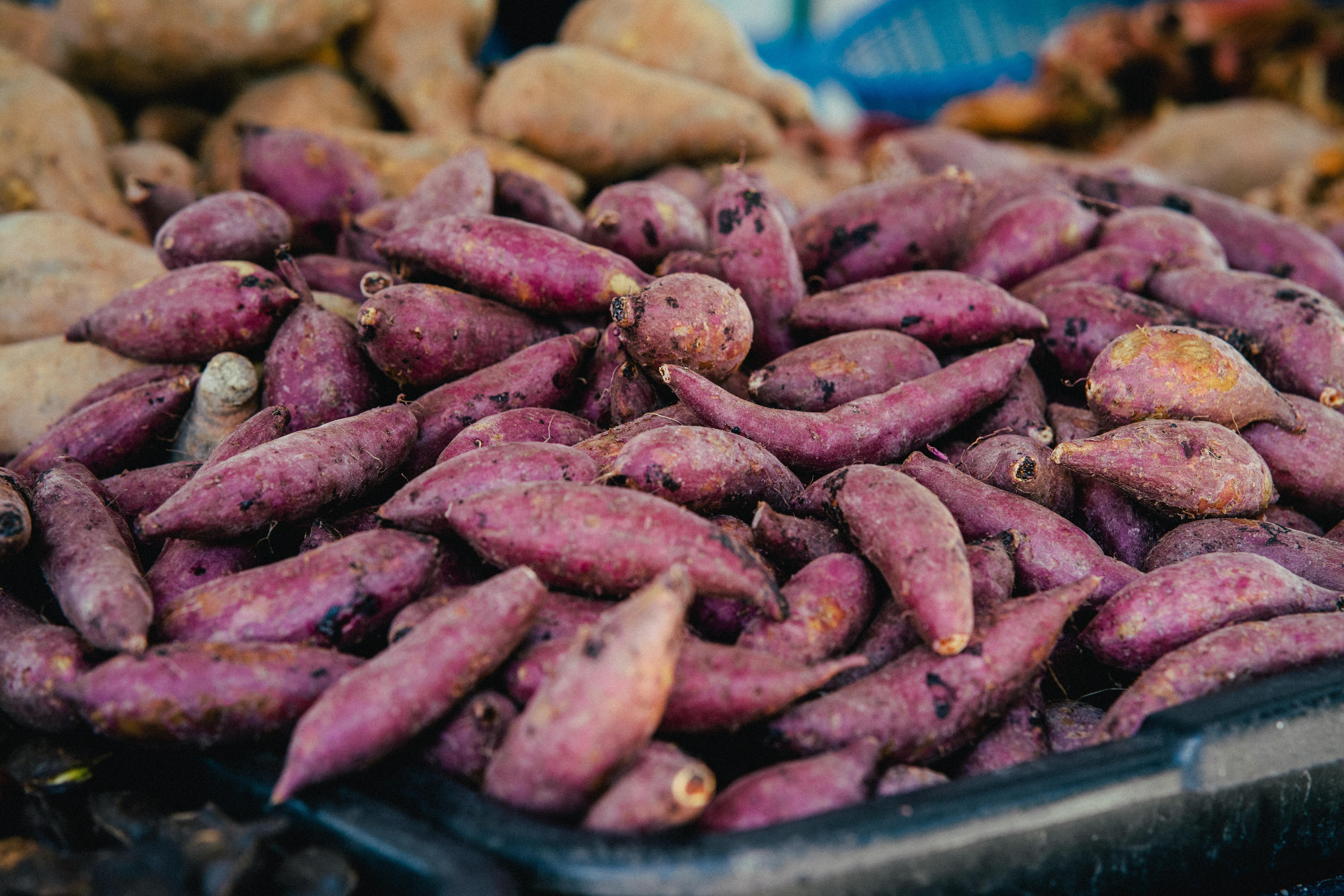
Sweet potatoes are a great source of beta-carotene, which the body converts into vitamin A—essential for maintaining healthy mucous membranes in the respiratory tract. A well-functioning mucous lining helps trap allergens and prevent them from triggering immune responses. A study in The Journal of Nutrition confirmed that vitamin A supports epithelial tissue integrity, a key defense against airborne irritants. Bake, roast, or mash sweet potatoes to strengthen your seasonal allergy shield.
14. Chia Seeds
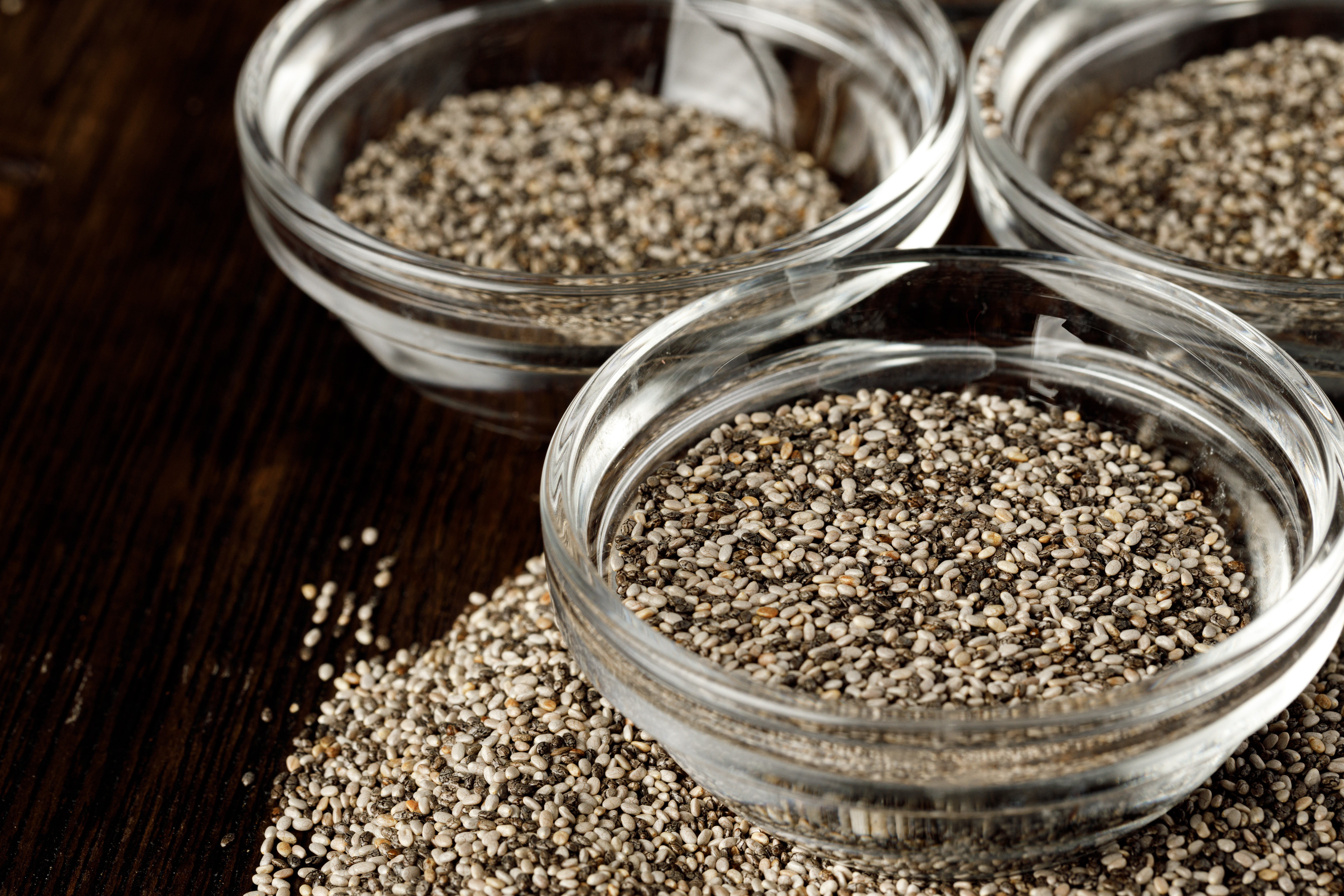
Chia seeds are a powerhouse of omega-3s, fiber, and antioxidants. These tiny seeds reduce systemic inflammation and help regulate immune function, which is especially helpful during allergy season. According to a 2012 study published in Plant Foods for Human Nutrition, the alpha-linolenic acid in chia seeds reduces cytokine production involved in allergic reactions. Add a tablespoon to your smoothie, oatmeal, or yogurt for a nutrient-dense way to keep allergy symptoms in check.
You don’t have to dread the changing of the seasons or rely solely on medication to breathe freely. With the right foods, your plate can become a powerful ally against pollen, mold, and other airborne irritants. These 14 natural allies—from turmeric and ginger to apples and chia seeds—work with your body, not against it, helping to calm inflammation, stabilize immune response, and support respiratory health. Whether you’re sipping green tea or tossing pumpkin seeds into your salad, each small choice adds up. So before allergy season hits full swing, stock your kitchen with nature’s antihistamines—and let your meals do the healing.
